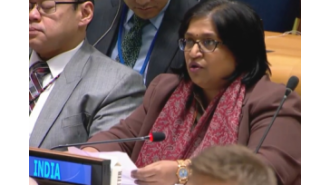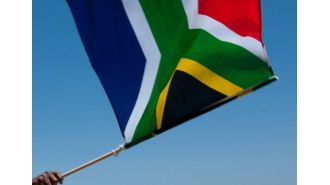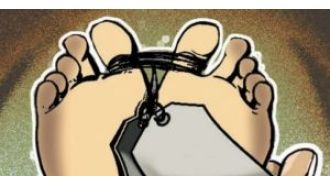Halting federal funds for Black Americans poses economic and social dangers.
Trump's suspension of federal grants and loans poses major risks for Black Americans, as their communities heavily rely on these resources for economic stability.

Penned by William Michael Cunningham, the freezing of federal grants and loans by the Trump administration is causing concerns for Black Americans. This sweeping shutdown poses significant economic and social risks, particularly for Black communities who heavily rely on Medicaid, federal housing assistance, education programs, and other critical social services. In this analysis, we will delve into the potential impact of this federal shutdown on Black Americans.
One of the most pressing concerns is the blockage of Medicaid. This program plays a crucial role in providing health insurance to almost one-third of Black adults and over half of Black children. With the shutdown of state Medicaid portals and delays in federal payments, Black communities will directly feel the effects. Delayed reimbursements to healthcare providers could result in service interruptions, exacerbating existing healthcare disparities and increasing long-term health costs for Black individuals. Furthermore, hospitals and clinics that rely on Medicaid reimbursements, often situated in underserved communities, may face layoffs, furloughs, or even closure. This could further contribute to the already high unemployment rates among Black workers. The estimated impact of this delay in Medicaid reimbursements could affect over 20 million Black Americans and result in billions of dollars in lost healthcare funding.
In addition to Medicaid, the pause on federal grants and loans also poses a threat to Black communities. Small businesses, especially those owned by Black individuals, often rely on federal programs such as SBA loans and grants. With the halt in funding, these businesses may face cash flow crises, leading to closures and job losses in the communities they serve. The freeze on federal housing assistance programs, like Section 8, could also result in evictions and increased homelessness among Black families, further destabilizing already vulnerable households. The estimated impact of this interruption in federal loans and grants could potentially reach tens of thousands of Black-owned businesses and millions of families, resulting in over $10 billion in economic losses.
Moreover, programs that disproportionately serve Black children, such as Head Start and reduced-price school meal programs, may also face funding shortages. The interruption of these services could limit access to early education and proper nutrition, widening long-term socioeconomic inequities. Around 30% of Head Start participants are Black children, making the potential impact of this disruption significant.
The labor market is also expected to see repercussions from this federal shutdown. The firing of key personnel at the National Labor Relations Board and the disruption of workers' rights enforcement could harm low-wage workers in industries with high Black representation, such as healthcare, retail, and food services. Workers may lose protections against unfair practices or the ability to unionize, further exacerbating wage inequities. This could have a significant impact on the job security and wage growth of millions of Black workers.
In light of these potential impacts, it is crucial for Black community leaders, policymakers, and organizations to take immediate and unified action. This could include supporting lawsuits filed by states and advocacy groups challenging the federal spending freeze, mobilizing grassroots campaigns to pressure Congress and state governments to protect vital services, advocating for the establishment of state or local emergency funds to provide temporary support to affected households and businesses, and educating community members about available resources during the funding freeze.
In conclusion, the federal shutdown has the potential to deepen disparities in healthcare, housing, education, and employment for Black Americans. While the full impact is yet to be seen, even a short-term halt could have devastating consequences for millions. It is crucial for Black communities to come together and take action to mitigate the harm and ensure that they can weather this crisis.










